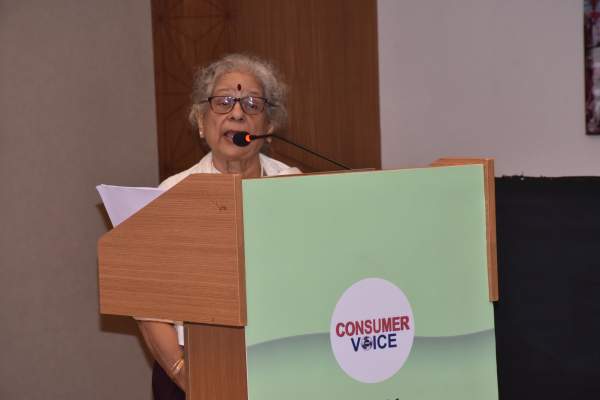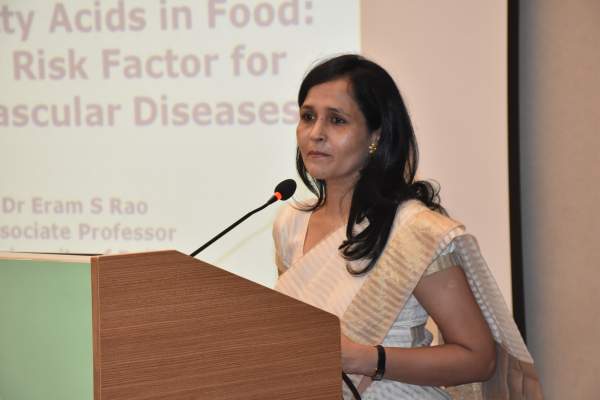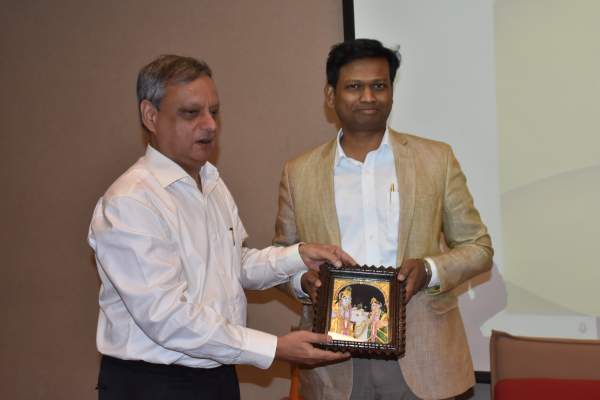
Media Dialogue on Hypertension Management and Elimination of Trans Fatty Acid in Telangana
Media Dialogue on Hypertension Management and Elimination of Trans Fatty Acid in Telangana


While delivering the keynote address, Smt Shanti Kumari, Principal Secretary (Health, Family Welfare) and Food Safety Commissioner, highlighted the three pronged strategy adopted by the state government. It included early screening of Hypertension among the masses through the outreach program and then followed by dispensation of secondary and tertiary medical care. The workshop was also addressed by Dr K Shankar, Director, Food Safety, Telangana and Dr Gangadhar Taduri, at NIMS Hyderabad & Technical Advisor to Minister of Health, Telangana. Both made informative presentations highlighting the efforts of state government on regulating trans fats, which has become a silent killer all over the world.


The technical session was addressed by Dr K. Sarat Chandra and Dr (Col) Sitaram, senior cardiologists in Hyderabad and nutrition experts Dr. Kamala Krishnaswamy Ex Director NIN and Dr Eram S Rao, University of Delhi. They highlighted the rising number of deaths due to Non Communicable Diseases (NCDs) in India which has increased from 37% in 1999 to 61% in 2016. Over 77,000 deaths annually occur due to trans fat consumption. Consumption of trans fat should be the major cause of concern for Indian policy makers coming from Health and food sector. The workshop also highlighted possible solutions for industries to replace trans fatty acids from the Indian market. The noted speakers also spoke about the role of changing lifestyle and including physical activities in our daily routine and changing our food habits for reducing the burden of NCDs such as Hypertension and Cardio Vascular Diseases (CVDs).

